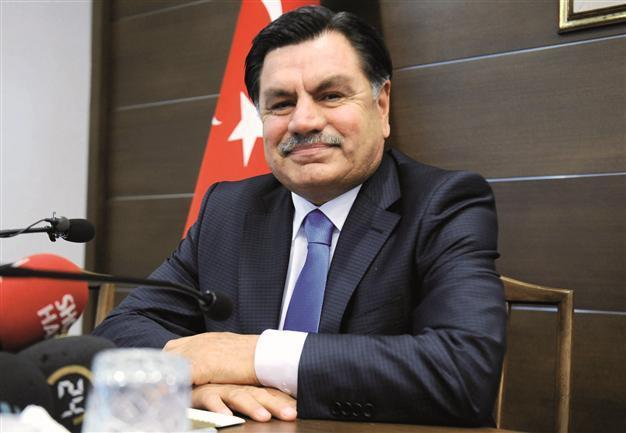Turkey ‘best practice’ for applications to top court
STRASBOURG

Turkish Constitutional Court head Haşim Kılıç. Hürriyet Photo
Turkey has drawn praise from the Council of Europe for its recent judicial moves to allow citizens to apply directly to the country’s highest court ahead of a European-wide convention of constitutional court judges.The conference will have an “emphasis on the recent experience of the Turkish Constitutional Court and provide a forum for an exchange of best practices of individual petition systems in Europe,” a statement from the Council of Europe said prior to the July 7 meeting in Strasbourg to discuss judges’ increasing role in preventing and remedying violations of the European Convention on Human Rights.
“Different approaches to individual complaint mechanisms in the member states will also be explored,” the statement added.
The conference will be opened by Council of Europe Secretary General Thorbjorn Jagland, President of the European Court of Human Rights Dean Spielmann and Turkish Constitutional Court head Haşim Kılıç.
Most of the suspects from the controversial Ergenekon, “Balyoz” (Sledgehammer) and Kurdistan Communities Union (KCK) cases were released following Constitutional Court decisions.
Turkish citizens received the right to personally apply to the Constitutional Court for alleged violations with regard to their fundamental rights and freedoms arising from the Constitution and the European Convention on Human Rights in September 2013.
An individual who thinks that his or her fundamental rights and freedoms have been violated by a state institution is therefore able to file a case at the top court. However, the procedure is only open to people who have exhausted all other administrative and judicial processes with their complaints before applying to the top court. If the violation stems from a court decision, the complaint file will be returned to the court in question for re-examination to make amends for the alleged violation and its possible outcomes.
















